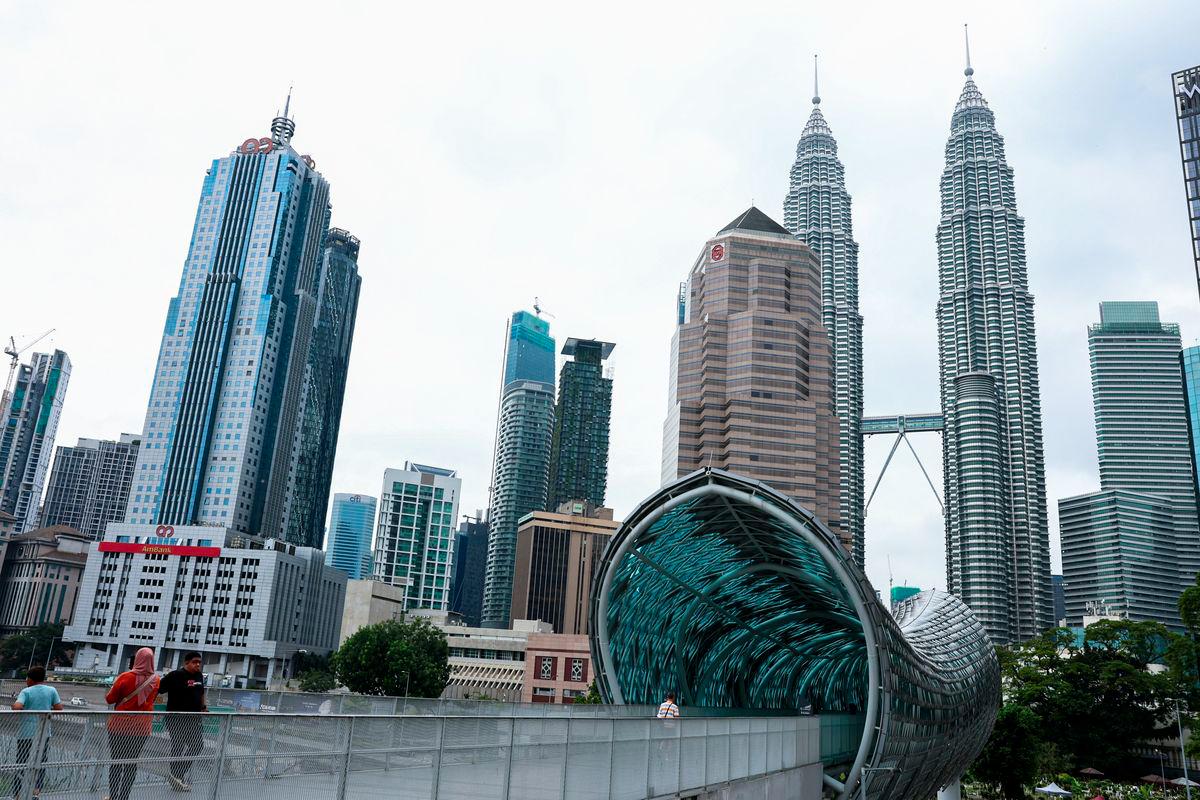PETALING JAYA: Economists have praised Budget 2026 for its fiscal restraint and lower spending, but cautioned that the government still plays too dominant a role in the economy despite signs of reform.
Centre for Market Education CEO Dr Carmelo Ferlito and economist Dr Geoffrey Williams said the Budget marks a welcome shift towards discipline and transparency but remains interventionist, offering limited relief to ordinary Malaysians.
Ferlito said the Budget is a step in the right direction but still “trapped in the logic of intervention and fiscal activism”.
“Budget 2026 deserves recognition for progress towards discipline and transparency. Yet, the state continues to act as planner, investor and allocator – roles incompatible with the spontaneous order that underpins prosperity.”
He said the government’s plan to narrow the fiscal deficit from 4.1% to 3.5%, and eventually to 3%, signals a responsible shift from past deficit expansionism.
He added that targeted subsidy reforms such as the Budi95 fuel scheme and diesel rationalisation were “less distortionary than universal subsidies, which historically fuel overconsumption and rent-seeking”.
He said strengthening the Fiscal Responsibility Act and tightening audits were also positive as “institutional discipline, not moral exhortation, is what sustains fiscal integrity”.
Ferlito said with RM470 billion in total spending, including RM338 billion for operations, the state’s presence remains large and risks constraining market efficiency.
“Even modest deficits exert upward pressure on debt and implicit monetisation. When spending outpaces genuine savings, it weakens purchasing power and distorts relative prices, particularly in capital-intensive sectors.”
He added that genuine liberalisation would mean reducing the government’s footprint, setting clear rules for a balanced budget, and gradually withdrawing subsidies and co-investment funds in favour of tax neutrality and open competition.
He said plans to mobilise RM10 billion through public-private partnerships could empower markets, provided the government avoids “picking winners” and lets private capital drive investment policy.
Williams shared a similar view, describing Budget 2026 as “technocratic and sound from a fiscal management perspective” but “not people-centred”.
He said the total federal expenditure, which is lower than the previous year’s budget, reflects discipline and savings from subsidy rationalisation.
Williams called the 3.5% deficit target achievable and the 4% to 4.5% growth forecast “more sensible and closer to the economy’s underlying potential”.
He noted there were no new taxes apart from the carbon tax, which he described as “unnecessary” since last year’s SST increase would already raise RM10 billion next year.
“The RM15.5 billion in projected savings, slightly below the earlier RM17 billion estimate, would ease fiscal pressure without new revenue measures.”
He warned that large-scale public investment in semiconductors, clean energy and digital infrastructure could either “crowd in or crowd out” private capital depending on execution.
“The free education for students from households earning below RM2,700 is welcome but limited. There was scope to provide free education to everyone.”
He said allocations for health and social protection are still inadequate.
“Health spending increased but far behind health price inflation, so the Health Ministry would need to continue on tight budgets.”









